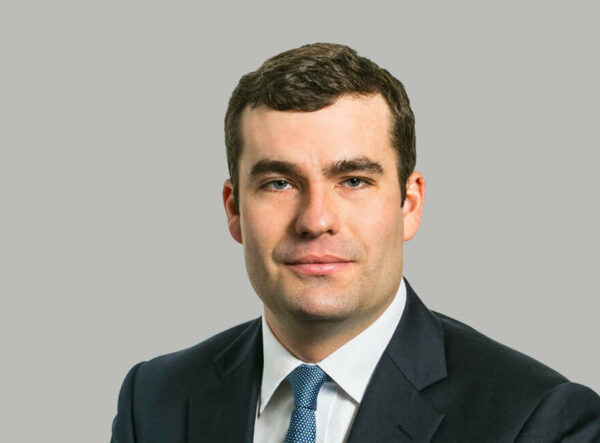Reflective loss—who is and is not excluded by the rule (UCP Plc v Nectrus Ltd)

Dispute Resolution analysis: This case is of interest since the court reached the conclusion that the reflective loss principle does not apply in respect of losses claimed by parties who are not shareholders at the time the claim was issued.
UCP Plc v Nectrus Ltd [2019] EWHC 3274 (Comm)
What are the practical implications of this case?
This case placed an important limitation on the exclusionary principle of reflective loss by confirming that it does not apply in respect of losses claimed by parties who are not shareholders at the time the claim was issued. It had been argued by the defendant that allowing former shareholders to claim for reflective loss left open the possibility that parties could deliberately circumvent the principle by divesting themselves of their shares before issuing the claim. The defendant also raised a concern that it could lead to double jeopardy, with claims being brought both by the company and by a former shareholder. Neither argument persuaded the judge in this case.
What was the background?
This was a consequential hearing following judgment given by Sir Michael Burton in UCP’s favour against Nectrus at a trial in May 2019 (judgment given in July 2019, see: UCP plc v Nectrus Ltd [2019] EWHC 1732 (Comm)). The claim concerned alleged breaches of an Investment Management
Agreement. At trial, counsel for Nectrus sought to raise an argument that a significant portion of the sums claims could not be recovered as such recovery was precluded by the rule against reflective loss. This was not pleaded, however, the trial judge permitted a late amendment to the defence and consequently split the trial between liability and quantum. The issues relating to reflective loss were, therefore, deferred to this quantum hearing.
What did the court decide?
Counsel for the claimant put forward three propositions in relation to reflective loss, arguing that if any one of those propositions was not satisfied, the reflective loss defence would not be established:
- UCP must be (and, it was argued, was not) a shareholder of the company, Candour at the time the claim was made
- at the time the claim was made by UCP, Candour must have had (and, it was argued, did not have) a valid claim against Nectrus in respect of the loss claimed with a realistic prospect of success
- the claim by UCP must not be (but, it was argued, was) for a separate and distinct loss from that suffered by the company
Although there was a dispute about the submissions made on the facts, the second and third propositions were not disputed by the defendant. The first proposition, insofar as it purported to state the current law on reflective loss, was disputed.
The claimant submitted in relation to the first proposition that the principle against reflective loss could not apply to a former shareholder but only to a person whose loss can be made good upon the company being reimbursed in respect of its loss. Sir Michael Burton agreed with the claimant, saying ‘I consider that Lord Bingham’s [in Johnson v Gore Wood [2002] 2 AC 1, [2001] 1 All ER 481] astuteness to avoid arbitrary denial of fair compensation would apply to restrain an extension of what is a strict and inflexible rule. I would not extend it to cover an ex-shareholder. In my judgment, a claimant who is no longer a shareholder at the time of his claim is not bound by the reflective loss principle’. Such a person’s loss could not be made good upon the company being reimbursed for its loss.
Case details
• Court: Commercial Court
• Judge: Sir Michael Burton GBE
• Date of judgment: 29 November 2019
Disclaimer
This content is provided free of charge for information purposes only. It does not constitute legal advice and should not be relied on as such. No responsibility for the accuracy and/or correctness of the information and commentary set out in the article, or for any consequences of relying on it, is assumed or accepted by any member of Chambers or by Chambers as a whole.
Contact
Please note that we do not give legal advice on individual cases which may relate to this content other than by way of formal instruction of a member of Gatehouse Chambers. However, if you have any other queries about this content please contact:


